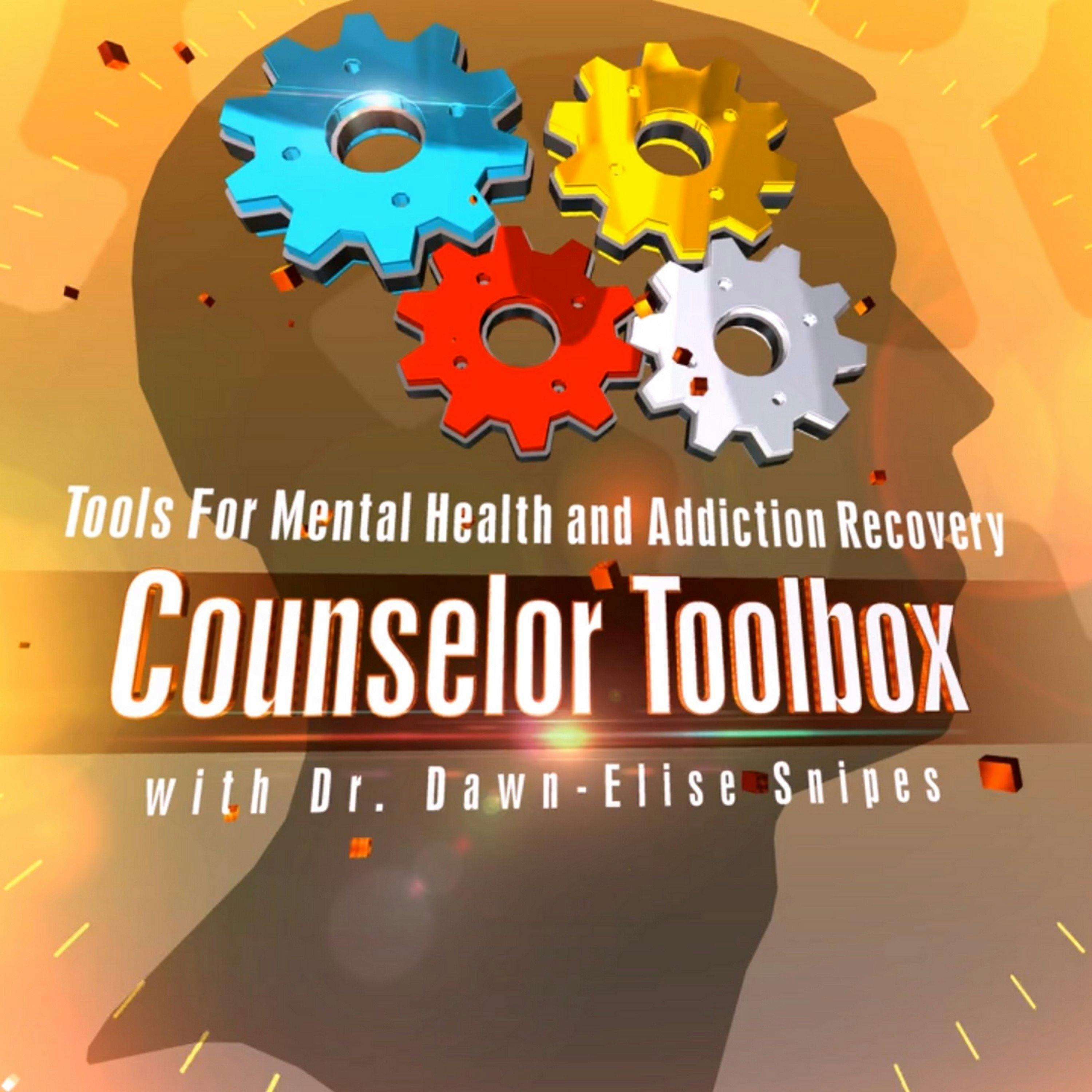Ethics, Self Care, Counseling Skills and Ongoing Supervision
Description
Video Title: Ethics, Counseling Skills Development, Self-Care, and Ongoing Supervision
Presenter: Dr. Dawn-Elise Snipes
1. Introduction to Ethical Imperatives
Overview:
Discusses the importance of ethics in counseling, emphasizing the need for self-care, skill development, and supervision.
Philosophical Ethical Practices:
Review of the five ethical principles: Non-maleficence, Beneficence, Justice, Fidelity, and Autonomy.
Emphasis on the importance of going beyond just "doing no harm" to actively contributing to the well-being of clients.
2. Counseling Skills Development
Importance of Skill Development:
Stresses the need for continuous improvement of counseling skills.
Discusses various methods such as attending workshops, reading current research, and seeking mentorship.
Benefits:
Enhances the ability to provide high-quality care, ensuring that the counselor remains effective and relevant in their practice.
Encourages the use of evidence-based practices and new therapeutic approaches.
3. Ongoing Supervision
Role of Supervision:
Supervision helps counselors stay self-aware, identify blind spots, and gain feedback on their practice.
Types of Supervision:
Discusses formal supervision, peer consultation, and self-supervision.
Importance of task-focused supervision to hone specific skills.
Challenges:
Balancing supervision with busy schedules and high caseloads.
Encourages creative approaches to integrate supervision into daily practice.
4. Self-Care and Burnout Prevention
Identifying Burnout:
Recognizes signs of burnout such as emotional exhaustion, depersonalization, and a reduced sense of accomplishment.
Self-Care Strategies:
Importance of work-life balance, setting boundaries, and engaging in recreational activities.
Encourages mindfulness, proper nutrition, adequate sleep, and maintaining a support system.
Organizational Role:
Highlights the importance of supportive work environments and the role of middle management in mitigating burnout.
Practical Tips:
Suggests practical ways to reduce stress and enhance self-care, such as simplifying documentation and prioritizing tasks.
5. Ethical Decision-Making Process
Steps in Ethical Decision-Making:
Recognizing ethical issues, gathering facts, considering stakeholders, evaluating options, and making informed decisions.
Challenges:
Discusses the complexity of ethical dilemmas, especially when choosing between two bad or two good options.
Acting on Decisions:
Importance of reflecting on the outcomes of decisions and learning from experiences.
6. Practical Applications and Tools
Resource Utilization:
Recommends various tools and resources for counselors, such as SAMHSA publications, APA guidelines, and online platforms.
Time Management:
Tips on how to manage time effectively, delegate tasks, and prioritize essential duties.
Documentation Strategies:
Encourages using templates and checklists to streamline paperwork and ensure thorough documentation.
7. Conclusion
Ethical Responsibility:
Counselors are encouraged to advocate for their clients, continue their professional development, and take care of their own well-being.
Final Thoughts:
Emphasizes the importance of balancing professional duties with personal self-care to maintain long-term effectiveness in the field.
Chapters:
00:00:00 - Ethical Imperatives in Counseling
00:07:00 - Exploring Treatment Options
00:14:07 - The Impact of Gut Health on Mood
00:21:19 - Resources for Continuing Education
00:28:48 - Impact of Past Experience on Current Interaction
00:35:47 - Authoritarian leadership and its impact on burnout
00:42:49 - Job Sharing and Work Environment
00:49:49 - Tips for Maintaining Work-Life Balance
00:56:43 - Treatment Plan Reassessments
Learn more about your ad choices. Visit megaphone.fm/adchoices
More Episodes
Learn more about your ad choices. Visit megaphone.fm/adchoices
Published 11/21/24
Published 11/21/24
Introduction
Presenter: Dr. Dawn-Elise Snipes discusses helping families navigate life transitions using the Flower Empower Model.
The focus is on understanding how various transitions impact both individuals and families, emphasizing the importance of supportive partnerships between...
Published 11/19/24


